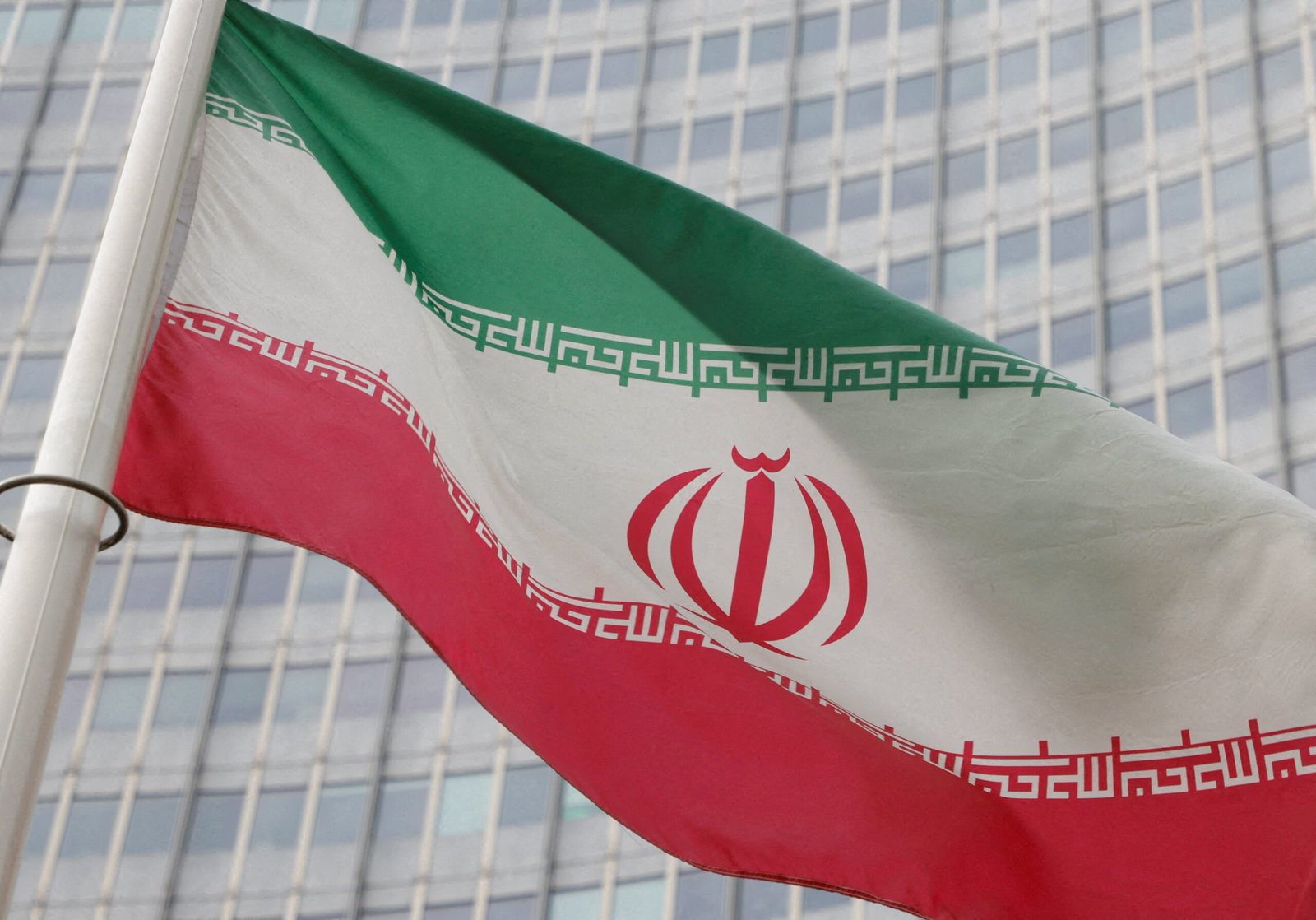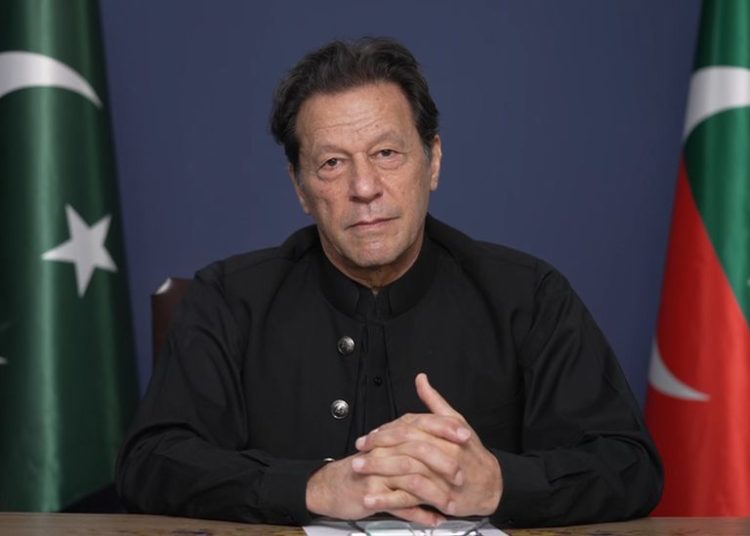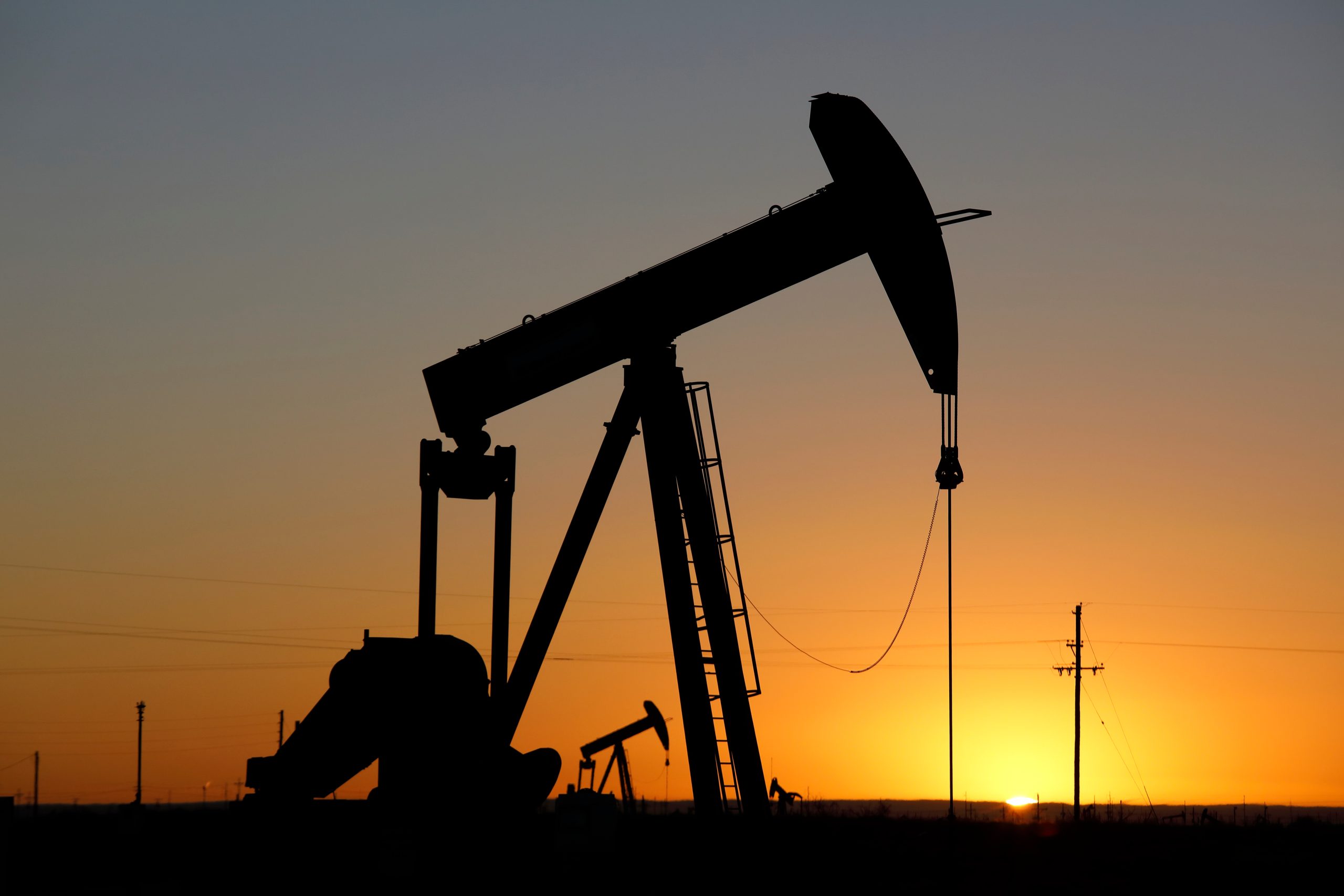In a significant development amid growing tensions in the Middle East, French and German leaders have emphasized the urgency of returning to diplomatic dialogue with Iran over its advancing nuclear programme. European leaders are increasingly concerned that the situation could spiral out of control if not managed through coordinated international engagement.
French Foreign Minister Jean-Noel Barrot, speaking to RTL radio, underscored the severity of the issue by calling Iran’s nuclear ambitions an “existential threat” — not just for Israel, but for broader European security as well. “The Iranian nuclear programme is an existential threat for the security of Israel and beyond the security of Europe. We always said the best way to prevent that threat, to contain it, remains diplomacy,” Barrot stated, reaffirming France’s long-held belief in negotiation as the most viable path forward.
His remarks echo a growing consensus among European leaders that a military confrontation with Iran would have devastating consequences not only for the region but for global stability. Rather than adopting a confrontational stance, France advocates reactivating channels of dialogue to limit Iran’s nuclear progress and prevent escalation.
Similarly, German Foreign Minister Johann Wadephul conveyed a unified European position, indicating that Germany, France, and the United Kingdom are prepared to engage in immediate talks with Tehran. Wadephul stressed the need for swift action, noting that the window for meaningful diplomatic intervention is narrowing. “We are ready for immediate dialogue,” he said, adding that de-escalation is essential to avoid broader conflict in the already volatile Middle East.
This joint call for diplomacy signals a renewed European effort to revive a political solution to the nuclear impasse. It comes amid fears that Israel’s recent military actions and Iran’s retaliatory posture could spark a wider regional conflict—especially as nuclear facilities are increasingly in the crosshairs of geopolitical confrontation.
European powers were previously key participants in the now-dormant Joint Comprehensive Plan of Action (JCPOA), the landmark 2015 nuclear deal that placed limits on Iran’s nuclear activities in exchange for sanctions relief. However, since the United States unilaterally withdrew from the agreement in 2018 under the Trump administration, efforts to revive it have faltered.
The renewed European outreach indicates that despite the challenges, the continent’s leaders remain committed to non-military solutions. They are urging all parties, particularly Iran and Israel, to show restraint and return to the negotiating table.
As global concerns rise over potential nuclear proliferation and regional instability, the calls from France and Germany mark a decisive moment in international diplomacy. The question now remains whether Iran and its adversaries are willing to seize the opportunity—or whether the world will witness another chapter of escalating conflict in the Middle East.
















